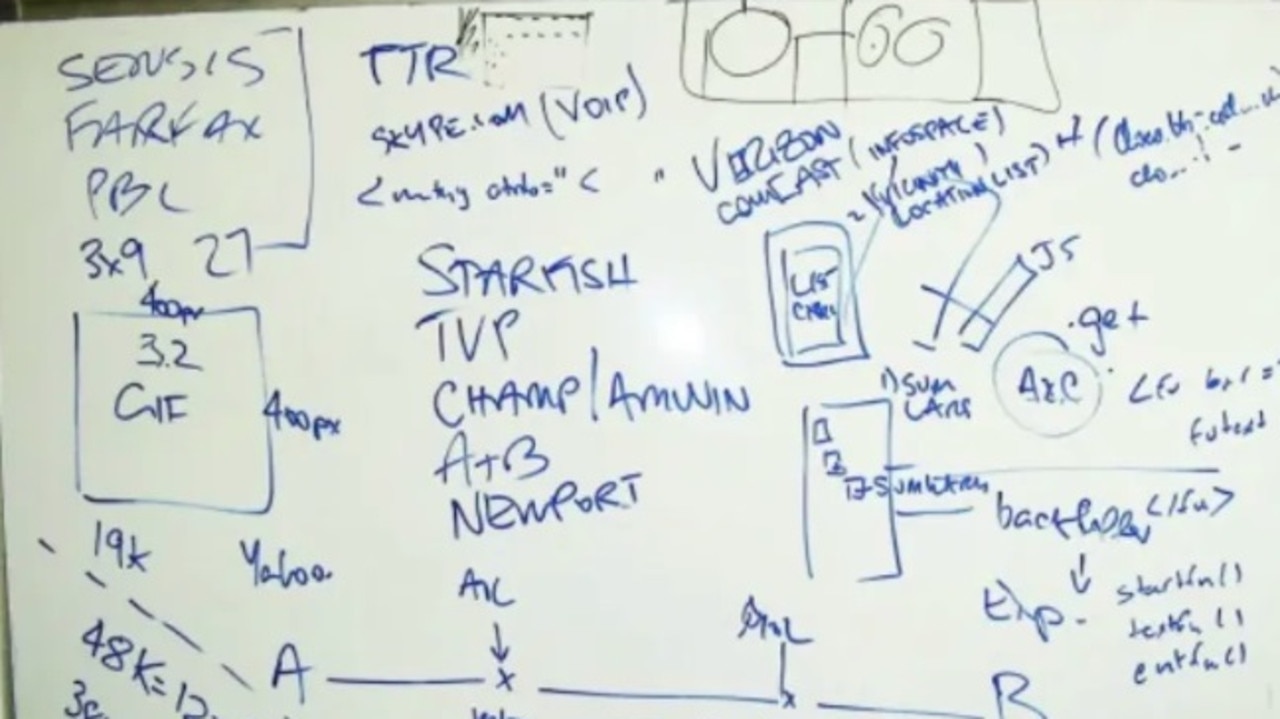High Court Grants Immunity to Federal Circuit Court Judge
The High Court has granted immunity to Federal Circuit Court Judge Salvatore Vasta after he faced a lawsuit from a man wrongfully imprisoned. This decision aligns judges' immunity levels across Australian courts.
The Federal Parliament has amended the law to ensure judges of the Federal Circuit and Family Court (Division 2) enjoy the same level of immunity as other judges.
Federal Circuit Court Judge Salvatore Vasta has successfully obtained immunity from being sued by a man wrongfully imprisoned during a family property dispute.
The man initiated a lawsuit against the judge, the Queensland government, and the Commonwealth, seeking over $300,000 after he spent several days incarcerated in December 2018.
Judge Vasta argued his case in the High Court, claiming he should receive the same protections as judges from other courts. The High Court approved appeals from both the Queensland government and the Commonwealth.
The situation arose when Judge Vasta sentenced the man to 12 months for contempt of court over his failure to provide required documents.
However, after a week in custody at the Brisbane Correctional Centre, he was released.
Judge Vasta himself issued a stay order while an appeal against his sentence was pending.
During this time, the judge acknowledged inaccuracies in determining the man's contempt and in his sentencing.
In February 2019, the Full Court of the Family Court of Australia permitted the appeal, allowing the man to seek compensation for false imprisonment against Judge Vasta, the Queensland government, and the Commonwealth for the actions of the detaining officers.
The man was eventually awarded damages, with Federal Court Justice Michael Wigney ruling that Judge Vasta had acted beyond his jurisdiction and lacked judicial immunity.
Justice Wigney referred to the hearing as a "parody," criticising Judge Vasta for finding the man in contempt without establishing necessary facts before his incarceration.
The Queensland state government and the Commonwealth were both implicated in the case.
The state contended that its officers were merely following orders and bore no liability, while the Commonwealth defended the conduct of the guards who initially arrested the man at court.
However, the Federal Court ruled in favour of the man, prompting appeals to the High Court from Judge Vasta, the Commonwealth, and Queensland.
Today, the High Court approved all appeals, emphasising the immunity issue.
According to the majority judgement, "Although there are differences of significance between inferior courts and superior courts, there is no justification for differentiating between the scope of the immunity from civil suit afforded to judges of all courts."
It further stated, "This is so because the purpose of the immunity is the same for judges of all courts."
Even if the ruling had turned against Judge Vasta, it may have become irrelevant due to the recent law amendment following the compensation order.
Previously, judges of the Federal Circuit and Family Court (Division 2) were left in a precarious position as the only "inferior" Federal Court without the same immunity as other judges.
Attorney General Mark Dreyfus asserted that the new law would not render judges unaccountable.
"The bill will not affect a person's right to challenge judicial decisions through the appeal process or the ability of Parliament to consider the removal of a judge from office under our Constitution on the grounds of proven misbehaviour or incapacity," Mr Dreyfus stated in his second reading speech.
He emphasised the importance of judicial independence: "It's essential for our justice system that judges are free to decide matters before them according to their assessment of the facts and their understanding of the law without the threat of being sued."










